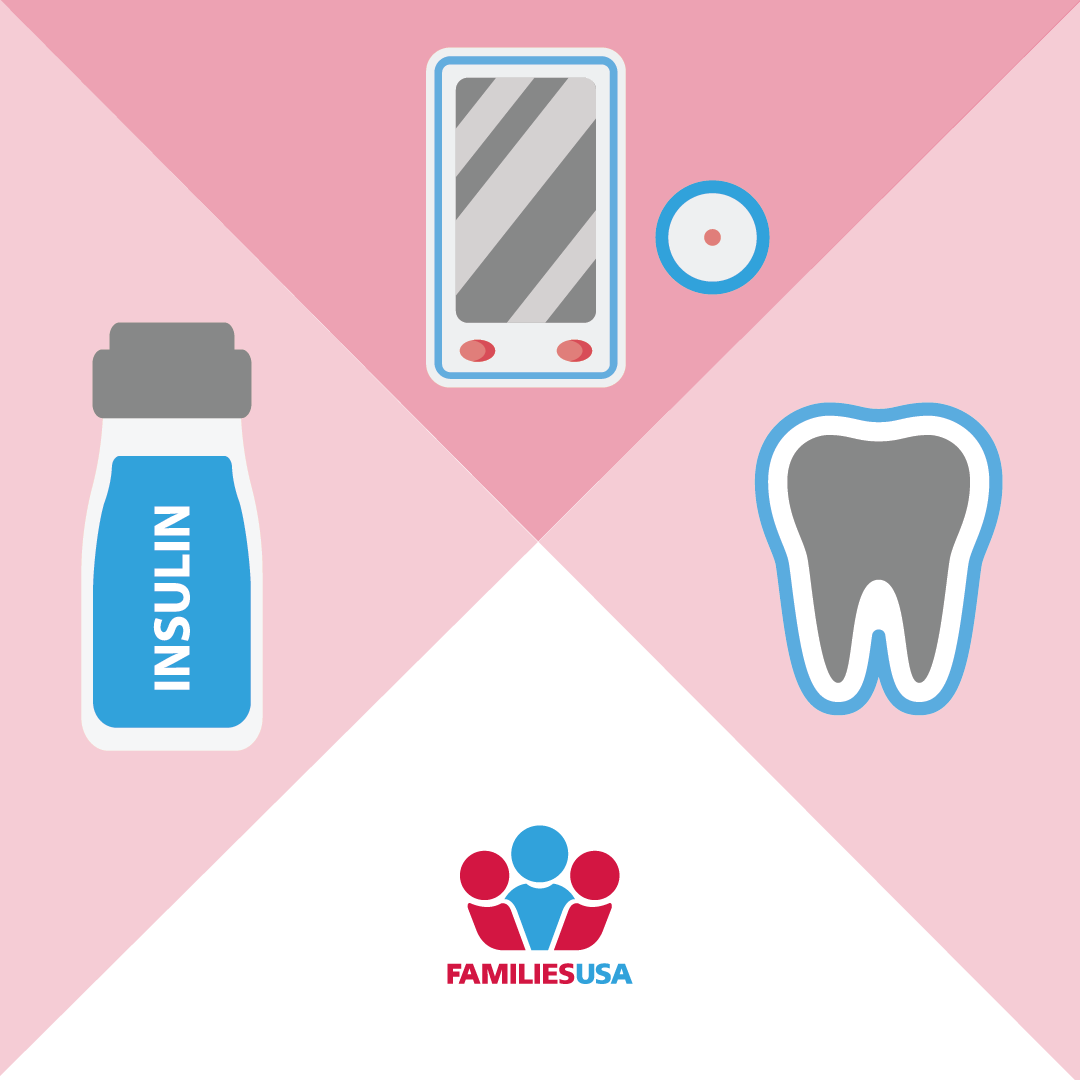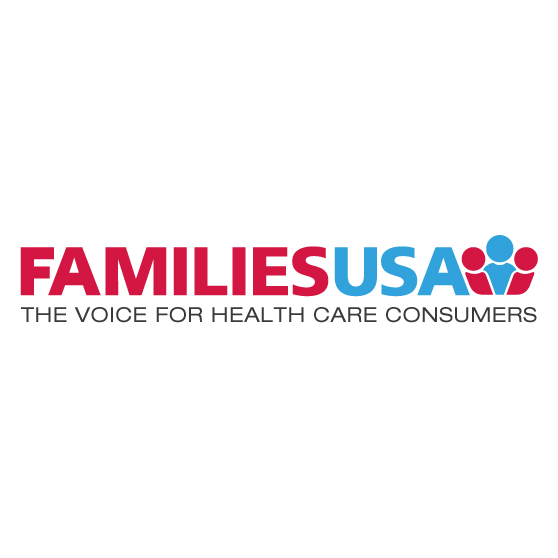
America, We Have a Drug Pricing Problem
By Yael Lehmann, Brian D. Pieninck,
08.01.2024
Congress must act to rein in the cost of prescription drugs for the millions of families struggling.
Today, millions of families across the United States are worried about affording the health care they need. Whether it’s paying for medicines for heart disease, diabetes, cancer or a host of other illnesses, millions of Americans wonder what expenses they can cut to afford these ever-increasing bills. A Kaiser tracking poll found that three out of four adults say they are worried about being able to afford unexpected medical bills and three out of four were worried about the cost of health care services.
Unfortunately, these concerns are well-founded. Most families will see their health care costs go up significantly in 2024, in large part fueled by big drug companies’ quest for even higher profits by increasing prescription drug prices.
As the leaders of the largest not-for-profit health plan in the Mid-Atlantic and a non-partisan, national nonprofit committed to advocating for health care consumers, we think Congress must go farther in efforts to rein in the cost of prescription drugs for the millions of families struggling.
We know this can be done. Congress made progress when it passed the Inflation Reduction Act of 2022 (IRA), giving Medicare the authority to negotiate drug prices for an initial 10 lifesaving drugs that treat common conditions like diabetes, cancer, arthritis and heart failure.. These groundbreaking negotiations are underway and Medicare enrollees should see lower prices starting in 2026. Ten drugs may not sound like many — and it is only the start — but these drugs alone cost taxpayers more than $50 billion per year.
In fact, seven of the 10 selected drugs produce more than $25 billion in earnings after big drug companies invest in research and development, which shows the opportunity for savings is enormous.
As drug companies increase prices to drive up outrageous profits, what taxpayers, employers, and insurers pay to cover those drugs also increases. For example, each year drug companies release new “blockbuster” drugs that set new records for their high price. This year, a gene therapy was announced that would cost $4.25 million dollars per treatment. The result of all of these efforts to drive up already exorbitant profits is higher prices for everyone, whether they take prescription drugs or not. This is clearly revealed by a recent Families USA report , which notes over 20% of health insurance premiums are driven by the high costs of drugs. Drug costs have increased by nearly half (42%) in just five years and we will continue to see premiums and deductibles rise unless these out-of-control drug prices are reined in.
CareFirst BlueCross BlueShield (CareFirst) experiences this problem firsthand, even while enacting programs to enhance access to affordable medications for our members. In 2023, Blue Cross Blue Shield Companies formed Synergie Medication Collective to improve affordability of and access to costly medications, like those infused for cancer treatment, for nearly 100 million Americans. The high-cost treatments Synergie is focused on represent a substantial portion of overall drug spending, with significant growth in future spending anticipated. But we can’t bring down drug costs without help from Congress.
In addition to Medicare drug negotiation, the IRA included provisions to hold drug companies accountable by imposing fees if they increase their prices year-over-year at a rate higher than inflation. These fees are being used to reduce out-of-pocket costs for people who rely on Medicare for their prescriptions.
These are significant wins in the fight against high and rising drug prices, but if Congress wants to help the 65% of people in this country who rely on private insurance, they should extend these common-sense solutions to the private insurance market. We know America has a drug price problem, but it doesn’t have to be this way. It’s clear big drug companies can afford to lower drug prices, but families across the country simply can’t afford business as usual. Congress should build on the IRA’s foundation to further reduce drug costs.




